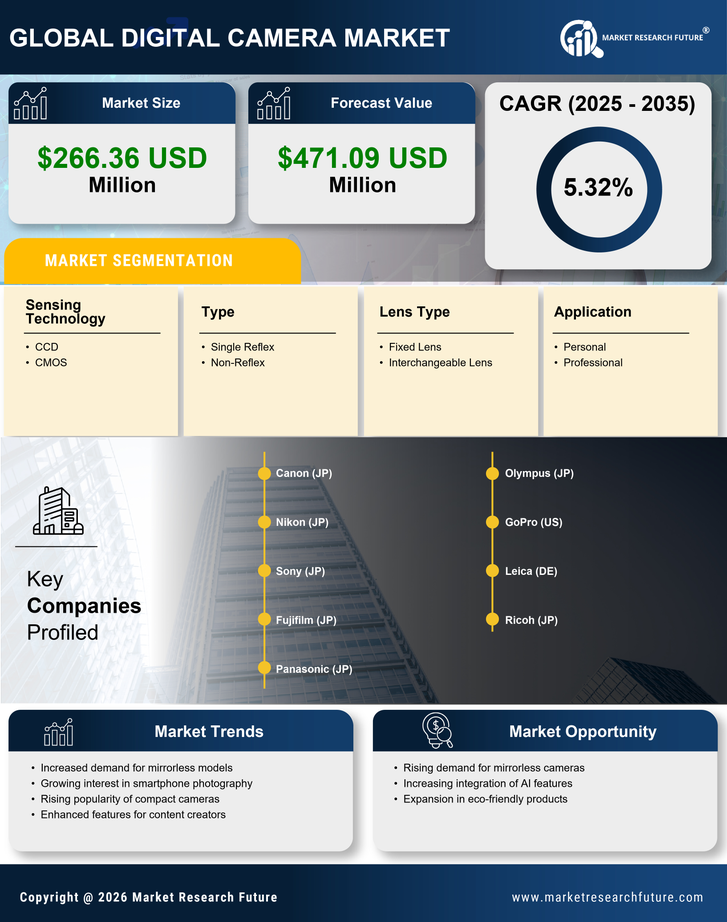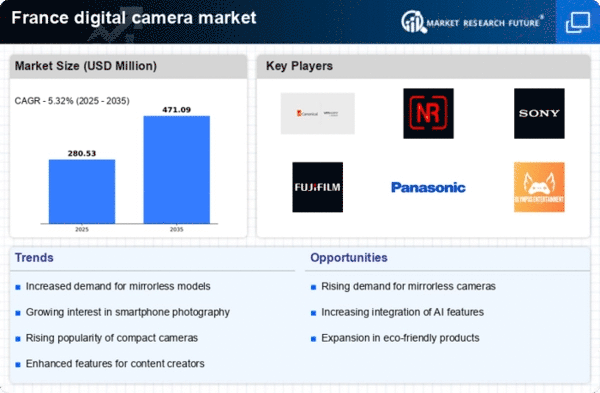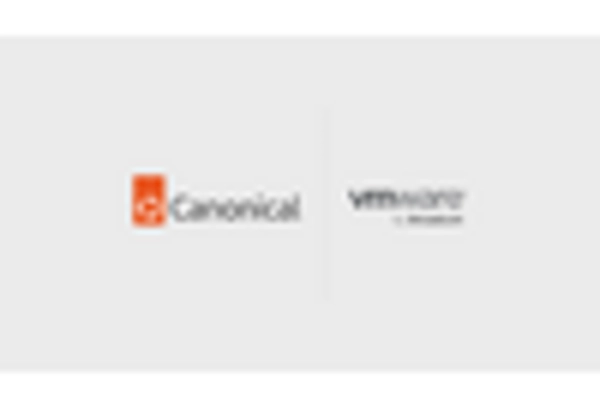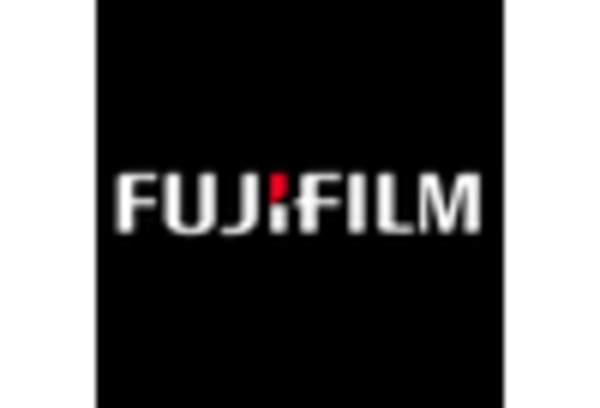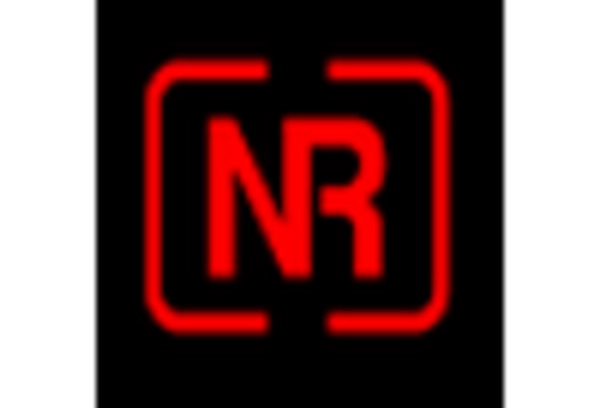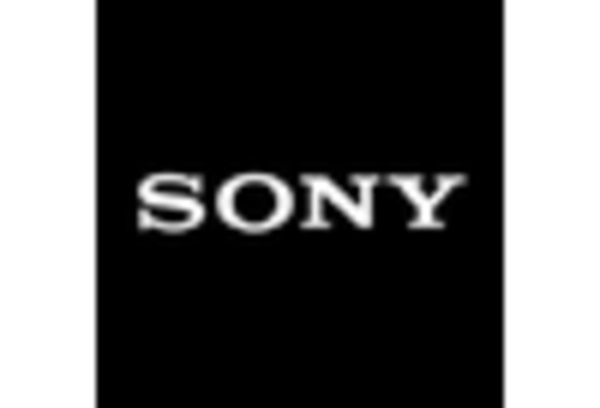Shift Towards Hybrid Models
The digital camera market in France is witnessing a notable shift towards hybrid models that combine the features of both compact and DSLR cameras. This trend is driven by consumer preferences for versatility and portability without compromising on image quality. Hybrid cameras, which often feature interchangeable lenses and advanced functionalities, are becoming increasingly popular among both casual users and professionals. Market data suggests that sales of hybrid models have increased by approximately 20% over the past year, reflecting a growing inclination towards these versatile devices. This shift indicates that the digital camera market is adapting to changing consumer needs, potentially leading to a more diverse range of products in the future.
Expansion of E-commerce Platforms
The digital camera market in France is experiencing a transformation due to the expansion of e-commerce platforms. With the convenience of online shopping, consumers are increasingly turning to digital channels for their camera purchases. This shift has led to a rise in online sales, with e-commerce accounting for nearly 40% of total camera sales in the past year. The ability to compare prices, read reviews, and access a wider range of products has made online shopping an attractive option for consumers. As e-commerce continues to grow, the digital camera market is likely to see further changes in consumer behavior, potentially leading to increased competition among retailers.
Increased Demand for Content Creation
The digital camera market in France is significantly influenced by the rising demand for content creation across various platforms. With the proliferation of social media and video-sharing sites, individuals and businesses are increasingly seeking high-quality visual content. This trend has led to a notable increase in sales of digital cameras, particularly among younger demographics who prioritize content creation. Recent statistics indicate that approximately 30% of digital camera purchases are made by content creators, highlighting the market's responsiveness to this growing segment. As the appetite for engaging visual content continues to rise, the digital camera market is poised for further growth, catering to the needs of aspiring photographers and videographers.
Technological Advancements in Imaging
The digital camera market in France is experiencing a surge due to rapid technological advancements in imaging capabilities. Innovations such as higher megapixel counts, improved low-light performance, and advanced autofocus systems are attracting both amateur and professional photographers. The introduction of features like 4K video recording and enhanced image stabilization has further elevated the appeal of digital cameras. According to recent data, the market for high-end cameras has seen a growth of approximately 15% in the last year, indicating a strong consumer preference for advanced imaging technology. This trend suggests that as technology continues to evolve, the digital camera market will likely expand, driven by consumer demand for superior image quality and functionality.
Growing Interest in Photography Education
The digital camera market in France is benefiting from a growing interest in photography education and workshops. As more individuals seek to enhance their skills, there is a corresponding increase in the purchase of digital cameras. Educational institutions and online platforms are offering courses that emphasize practical photography skills, which in turn drives camera sales. Recent surveys indicate that approximately 25% of new camera buyers cite educational pursuits as a primary motivation for their purchase. This trend suggests that as photography education becomes more accessible, the digital camera market may continue to thrive, fostering a community of informed and skilled photographers.
